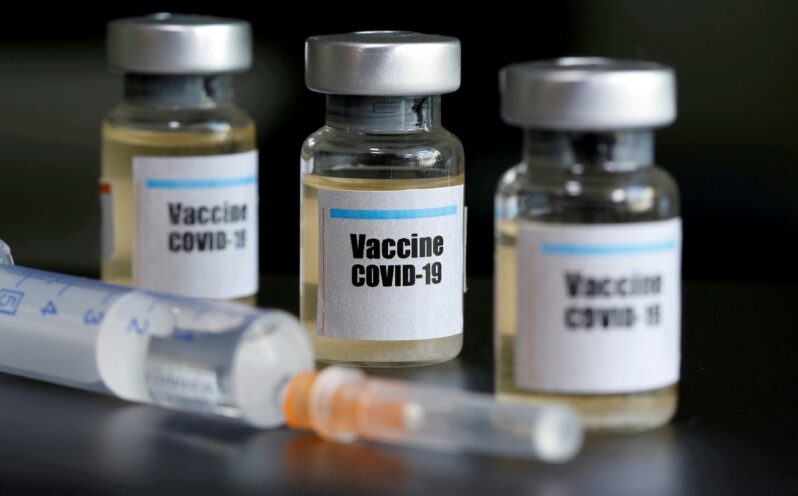Due to the tight supply of coronavirus vaccine, the UK has decided to delay the vaccination of the second vaccine. BioNTech, a German biotechnology company, said that there was no data to support Britain’s initiative to change vaccination intervals.
According to a previous report by the British Guardian, the British government recently decided to postpone the injection of the second dose of the coronavirus vaccine developed by Pfizer in cooperation with BioNTech, with a maximum interval of three months between the two doses, far exceeding the stipulated 21 days.
The British government said that the move was to get the first dose of vaccine for as many people at risk as possible.
It is reported that Pfizer-BioNTech vaccine is the first coronavirus vaccine to be licensed by the British government.
At present, more than 1 million people in the UK have completed the first dose. In order to ensure its effectiveness, the vaccine needs to be inoculated with two doses.
BioNTech warned that the UK’s delay in the second shot to cover as many people as possible with limited vaccine supplies is “without data” to support, according to the Financial Times.
In response, the European Drug Administration (EMA) told the Financial Times that the coronavirus vaccine jointly developed by BioNTech and Pfizer is approved on the basis of two injections per person at least 21 days of injection interval; if the vaccination is deviated from the set, additional approval will be required.
The U.S. Food and Drug Administration (FDA) also said that vaccination programs should not be changed without a second clinical trial.
The bureau warned that changing the dose and interval of vaccinations for the novel coronavirus vaccine may have “counterproductive effects” on public health and pose a public health risk.
The Financial Times reported that four chief medical officers defended the recommended interval between the first and second shots from 21 days to a maximum of three months, citing that “it is necessary to ensure that as many qualified people as possible are vaccinated”.
The rapid spread of mutant COVID-19 in the UK prompted some scientists from other countries to support the UK’s approach, the analysis pointed out.
At present, Germany and Denmark are also weighing whether to follow the British plan and delay the injection of a second dose of vaccine to the public to further alleviate the shortage of vaccine supplies.



